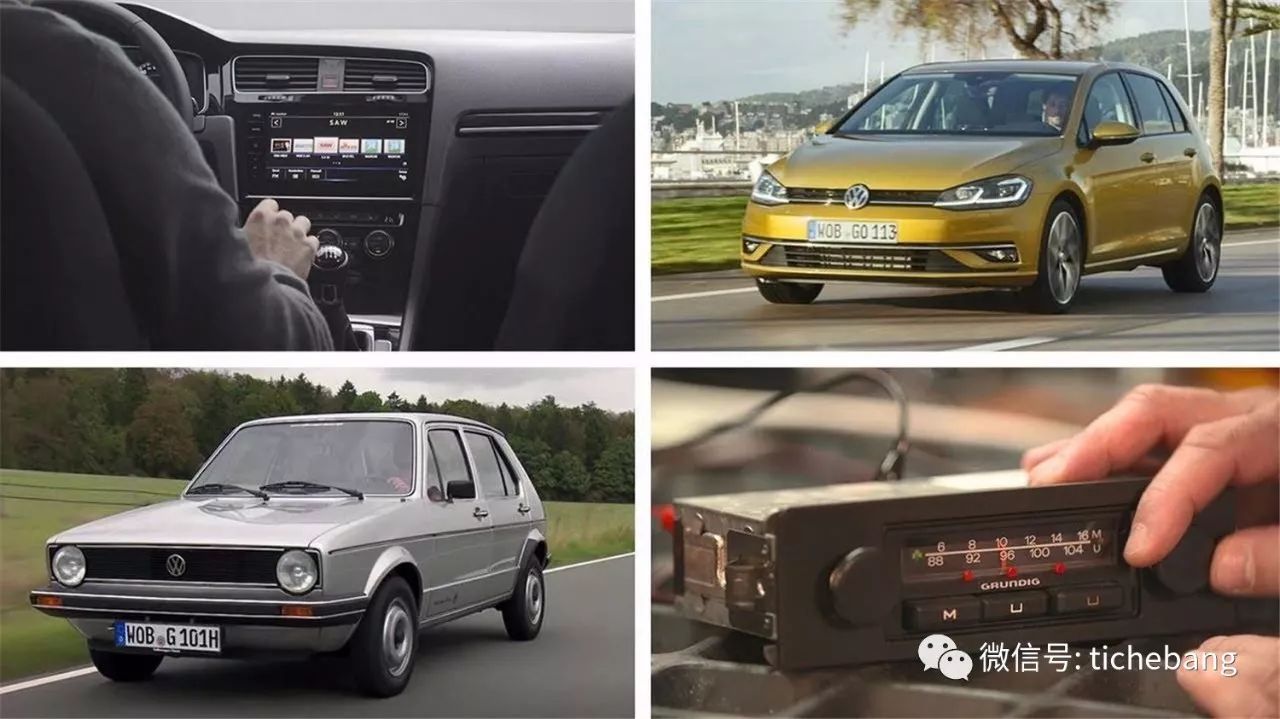
Introduction
The Volkswagen Golf was born in the 1970s, and recently, the mid-cycle facelift of the seventh-generation Golf has been launched, which can be considered the 7.5 generation. Over these more than forty years, the biggest changes have actually not been in the powertrain or chassis, but in the electronic systems.
The Golf has never stopped production since its inception, making it a perennial favorite in the automotive world. Its positioning remains quite accessible, and from each generation of the Golf, we can see a reflection of the automotive development of that era.
In the center console of the 7.5 generation Golf, we can see a 9.2-inch LCD touchscreen (high configuration), and even in the overseas version, gesture control can be selected as an option. In its class, the Golf is already leading the way.
So what was the center console of the first-generation Golf like? What changes has it undergone over the past forty years? Let’s review the development history of in-car systems alongside the Volkswagen Golf.


1974~1983
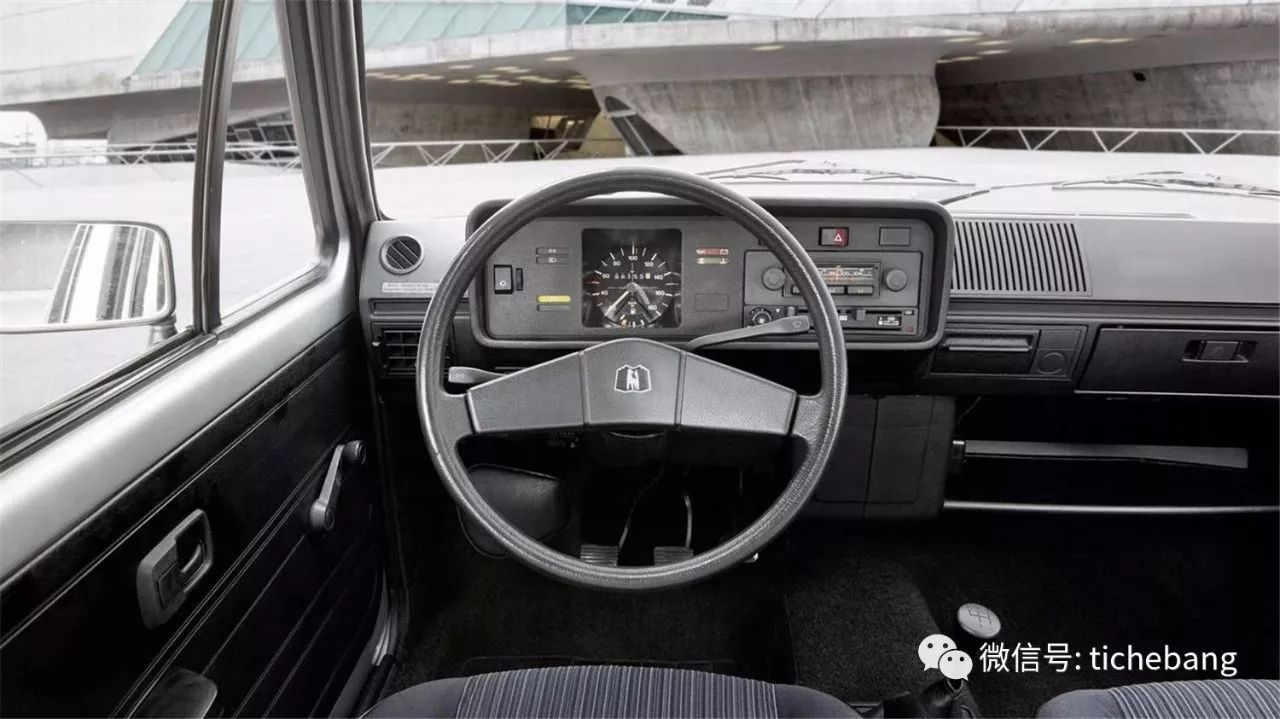
Only the most basic radio was available, with the left knob controlling the volume and the right tuning the station. The three buttons in the middle switched frequency bands. Screen? Station storage? Stereo? Nonexistent; you only had a scale bar and a speaker. Besides listening to the radio, you could also listen to cassettes.
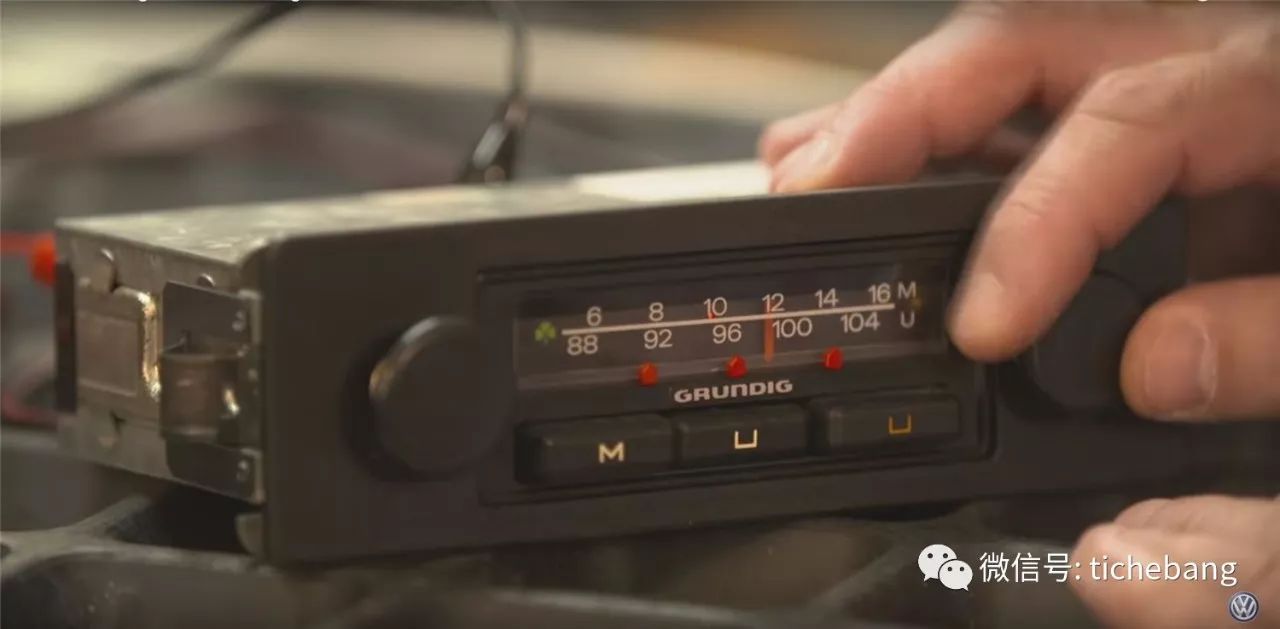
It felt like the tape recorder I used as a child, reminding me of the fear of never being able to tune the station during the college English exams.


1983~1992
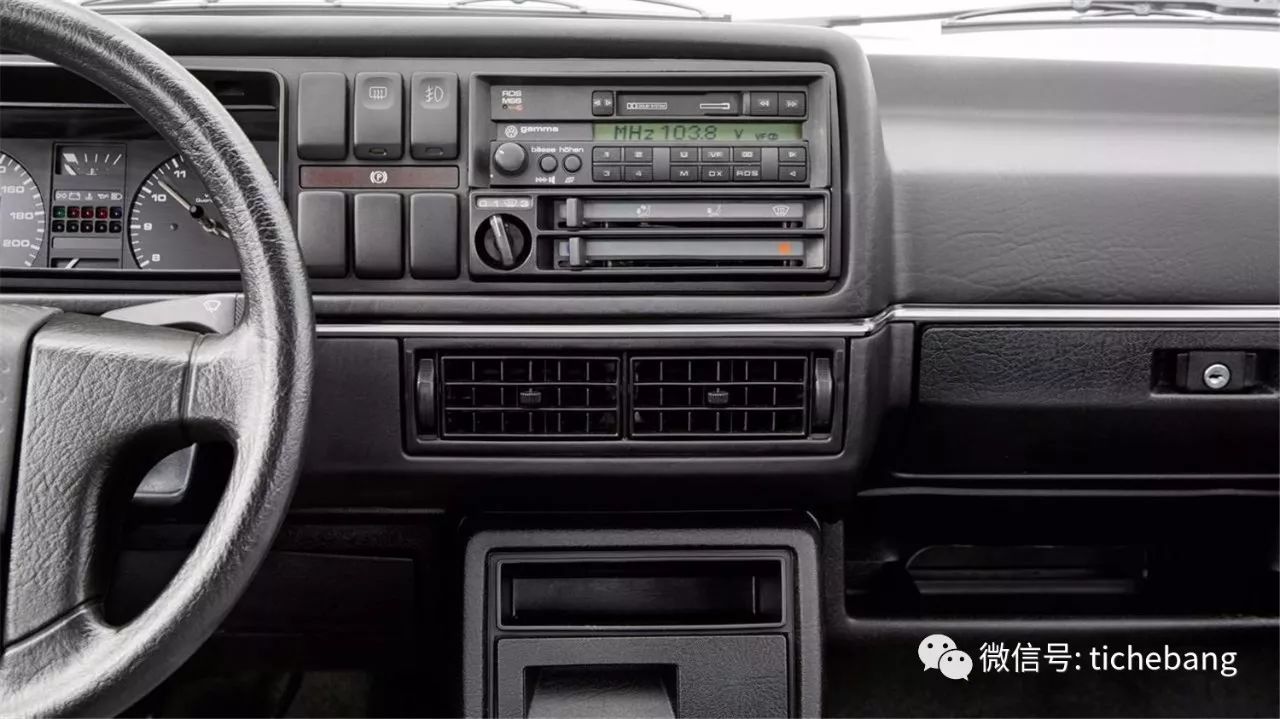
A huge advancement, a small LCD screen was added to display the current station frequency, and it could store 4 stations. Four 7-watt speakers finally made it sound like a sound system. Additionally, it could still play cassettes.


1991~1998
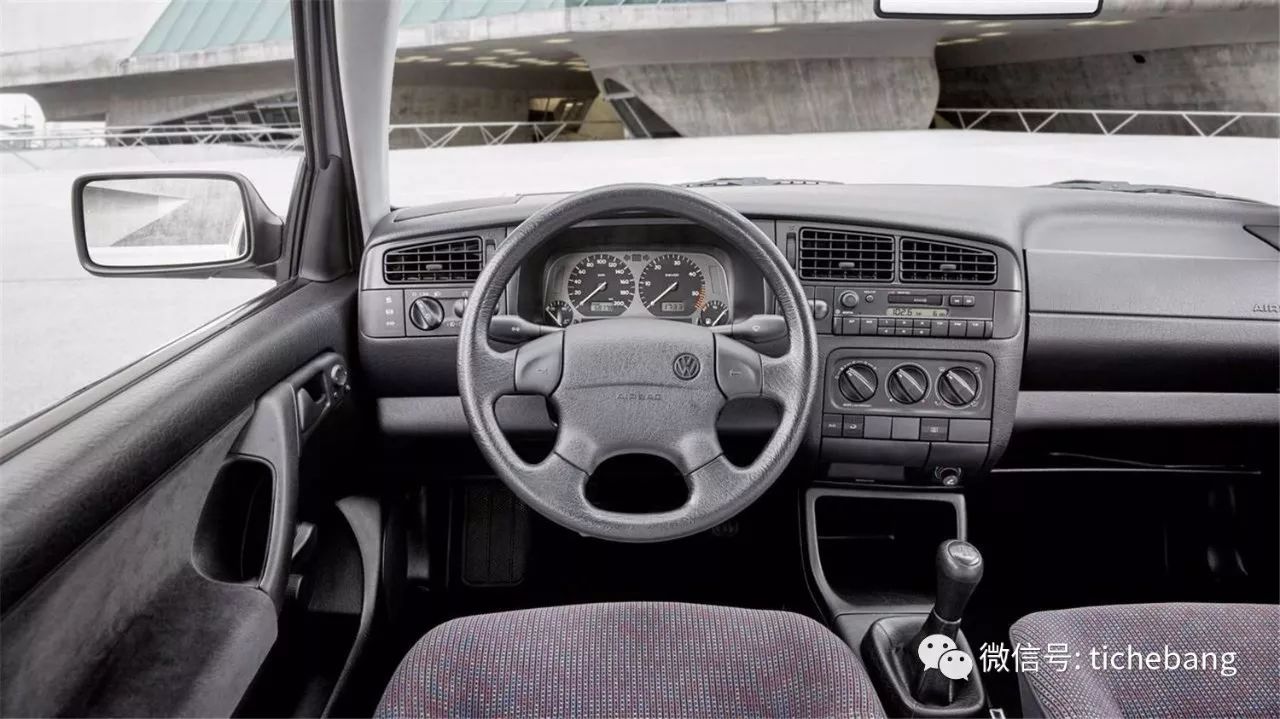
The size of the LCD screen did not change much, but it added backlighting. An automatic station search function was introduced, allowing for 6 stations to be pre-stored.
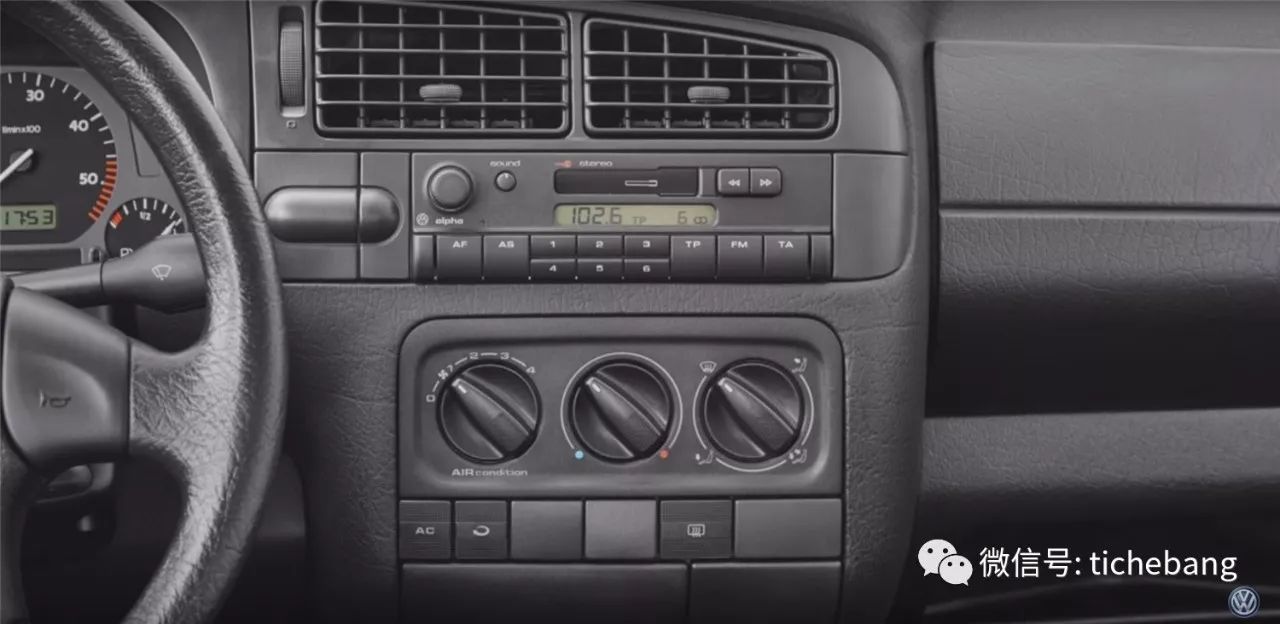


1997~2003
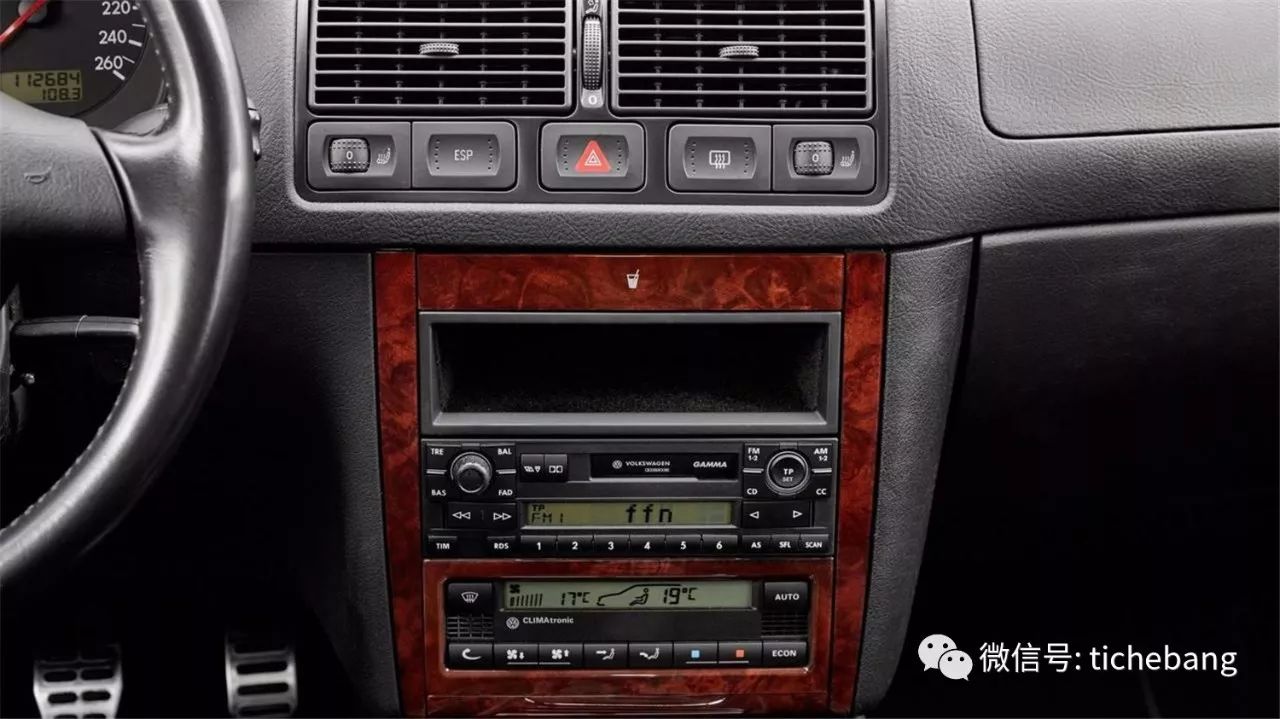
A wooden trim was added around the center console, which became a hallmark of this generation of Golf’s interior design. The power of a single speaker was raised to 20 watts. A second center console screen appeared in the air conditioning control area, and you could even opt for a navigation system.


2003~2009
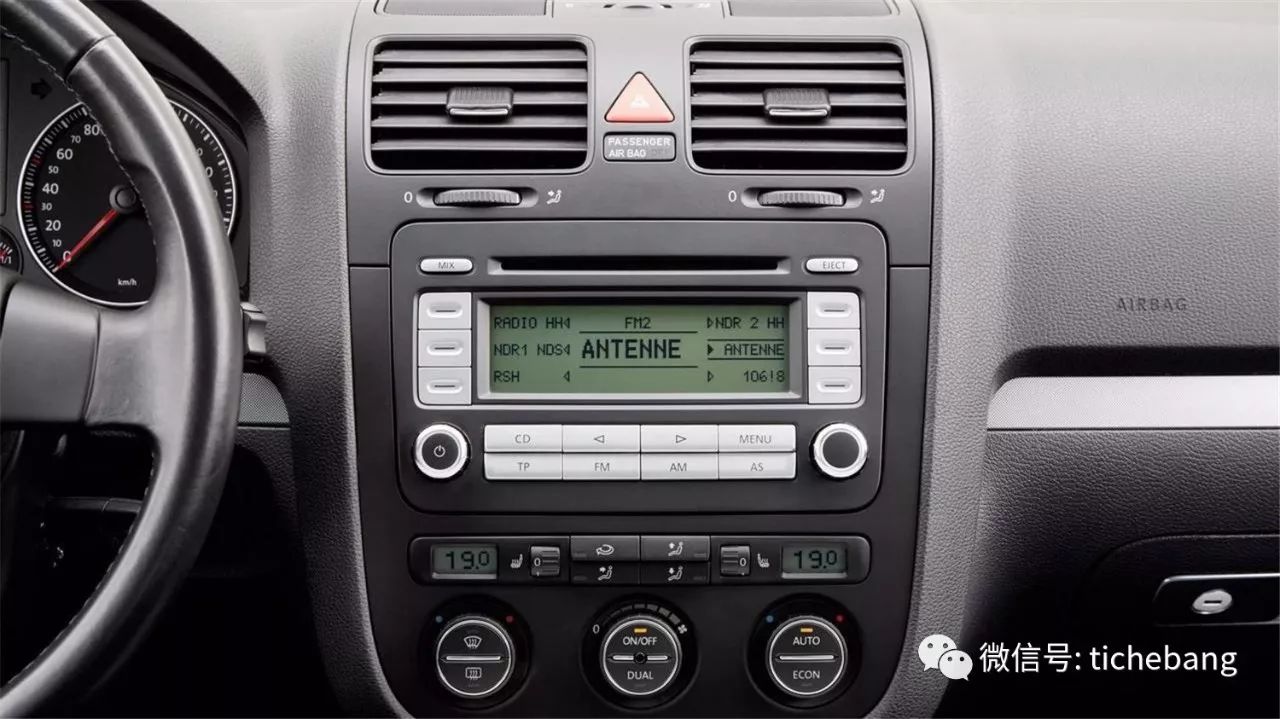
CD playback became available! Cassettes began to be phased out. Later, it could connect with digital devices like MP3 players, and the prototype of a multimedia interconnection entertainment system began to emerge. The air conditioning area below also featured automatic buttons.


2008~2013
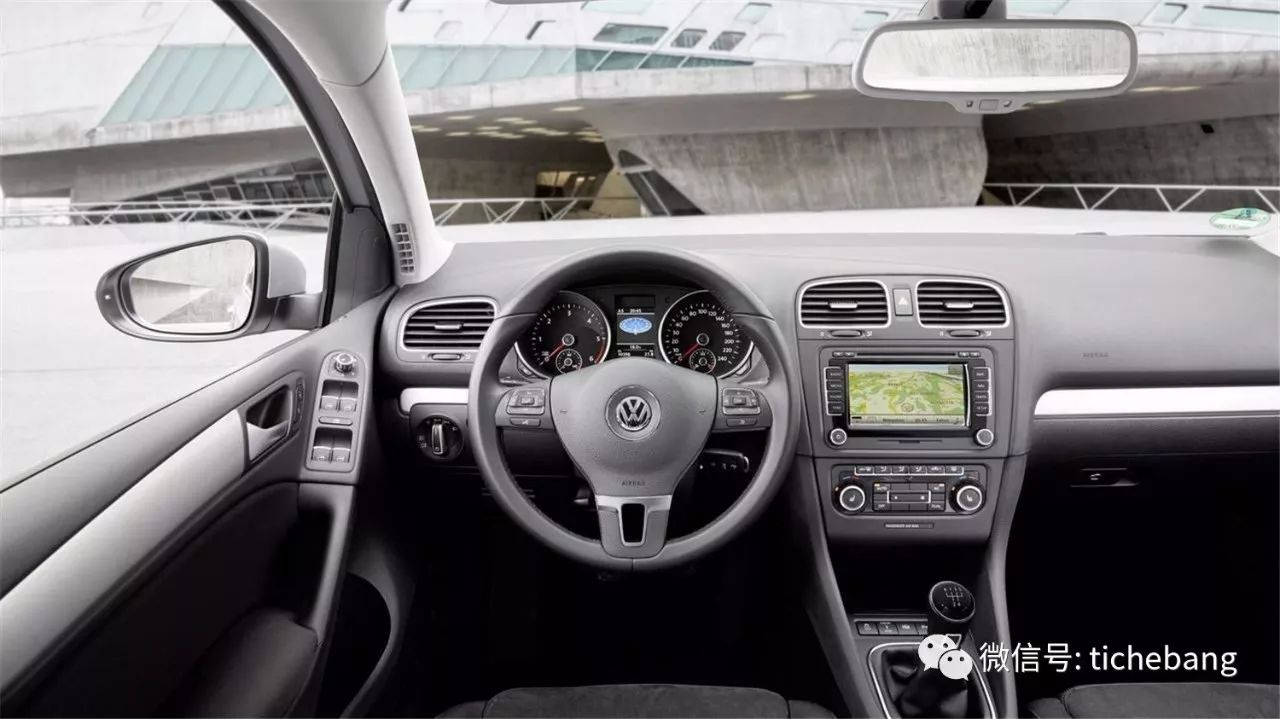
Another major innovation. The introduction of a color LCD touchscreen began to shape the MIB system we are familiar with today. It included a DVD player, USB interface, and a built-in 30GB hard drive.


2012 to Present
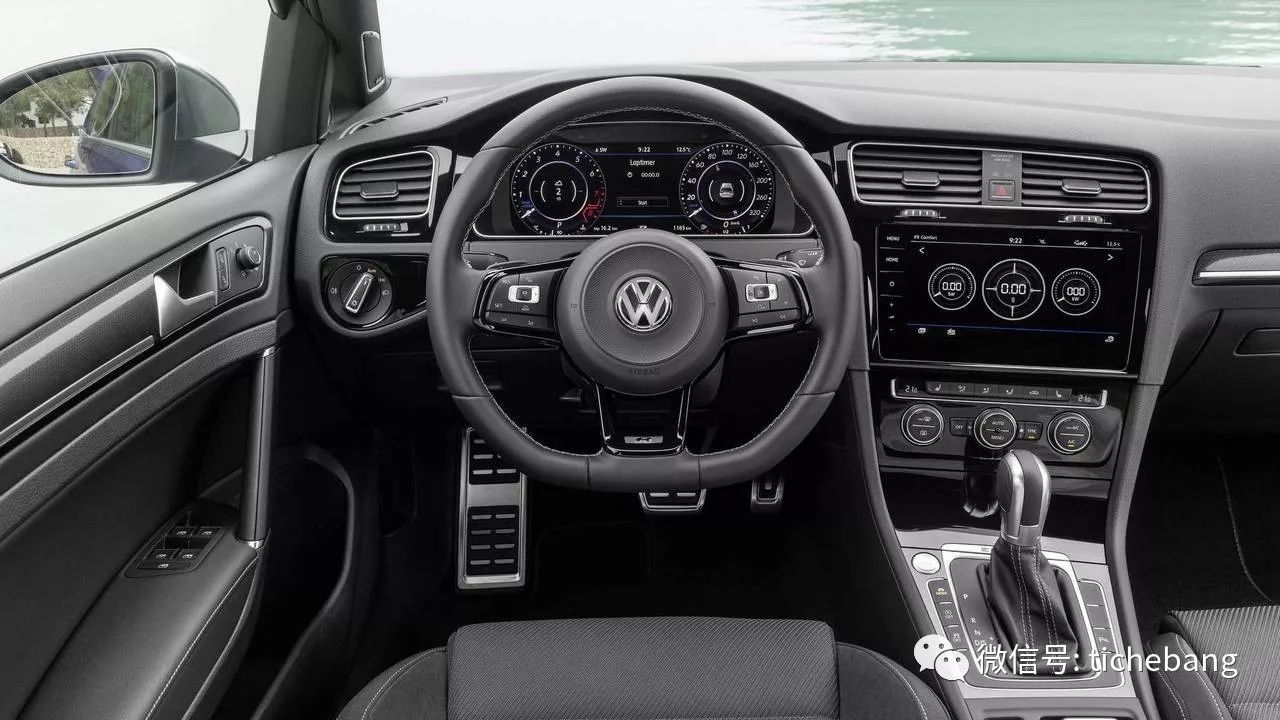
The in-car system has been further upgraded, named “Discover Media” by Volkswagen. It supports Bluetooth connection for mobile phones, 3D maps, and Wi-Fi hotspots. It is equipped with distance sensors that automatically bring up the menu when a hand approaches.
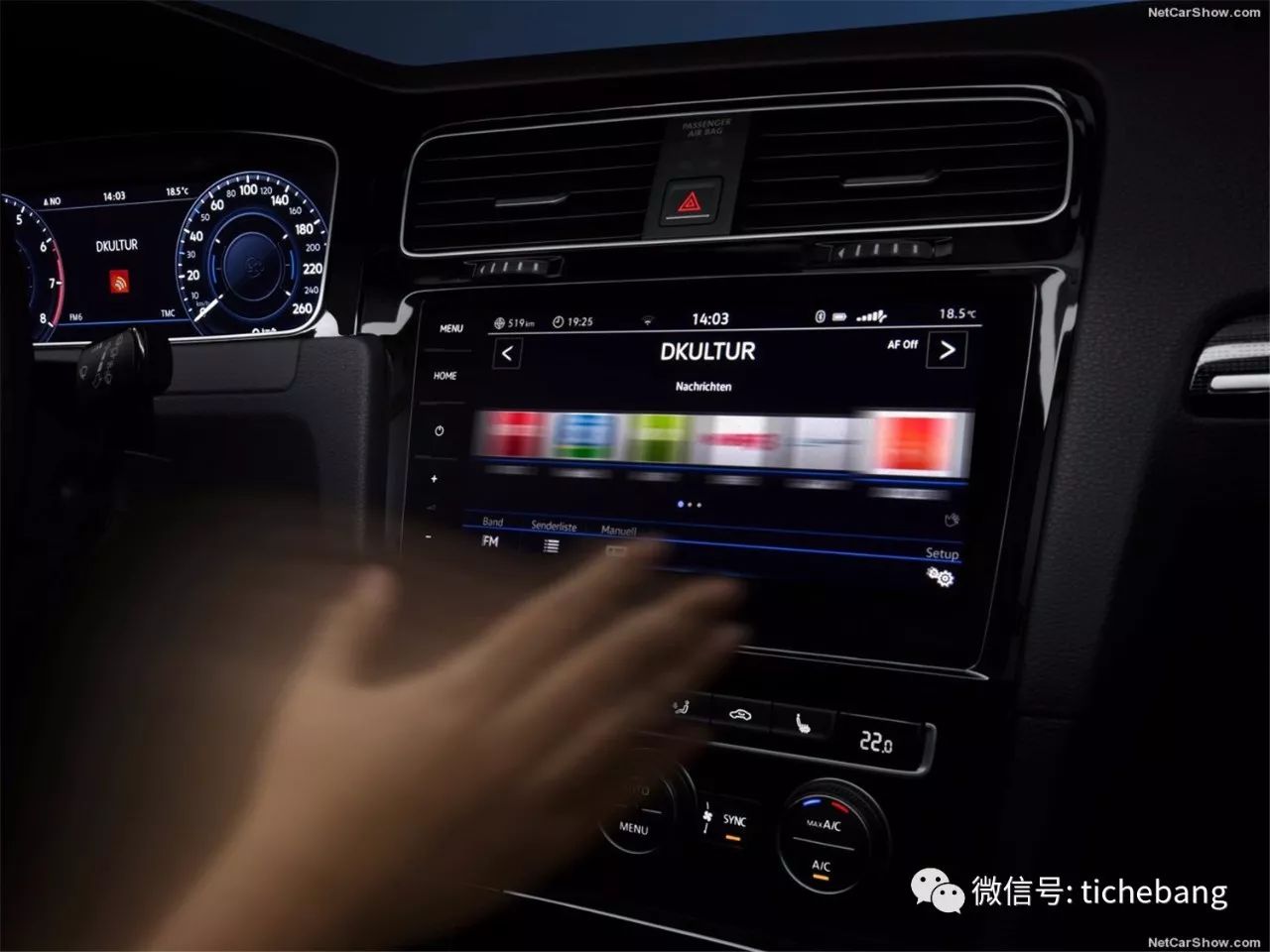
The mid-cycle facelift of the Golf upgraded this system to “Discover Pro.” The screen size increased to 9.2 inches, and the UI interface became more suitable for pure touch operation. It supports multiple mobile connection methods such as CarPlay, Android Auto, and Mirror Link. Gesture control, a feature once exclusive to BMW, is no longer just their domain.
However, the latest domestic Golf only has an 8-inch display in the top configuration, equipped with Discover Media. The 9.2-inch Discover Pro requires an optional upgrade, and the fully digital instrument cluster is also optional. As for gesture control, it is currently not available as an option.
After reviewing the evolution of the Golf’s in-car system, I’m sure everyone has noticed a pattern. The screens have evolved from nonexistent to present, and from small to large; the ways to connect with the outside world have increased; and human-computer interaction has become increasingly intelligent and convenient.
Have you noticed that from cassettes to CDs, DVDs, USBs, and Bluetooth, our means of listening to sound have constantly changed, but there is one function that has remained steadfast.
The radio: I really want to live for another 500 years!
